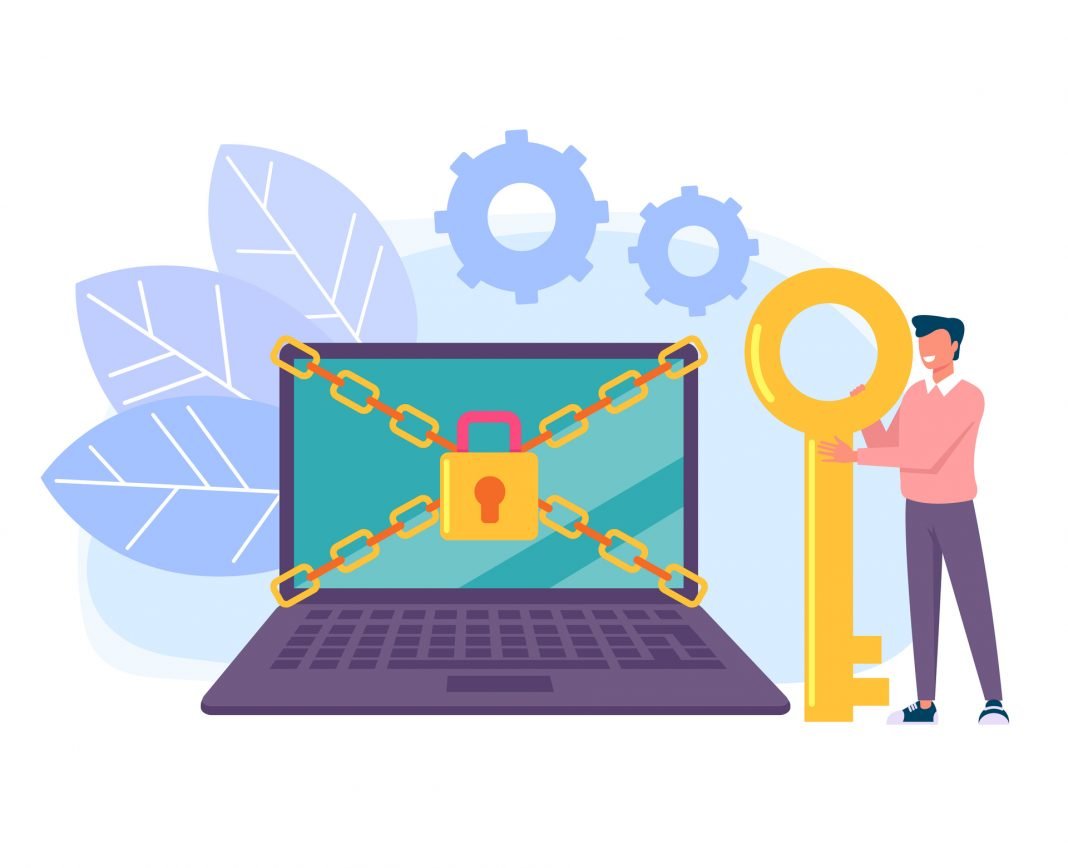With businesses sending employees to work from home in the wake of Covid-19, the cybersecurity of their home offices has become paramount. One of the best ways to keep employee and business data protected is by having them connect via Virtual Private Network.
Here are five ways VPNs can keep remote employees secure.
- Better Network and Firewall Protection: By routing an employee’s internet traffic through your company network, you can provide the same firewalls and network-level protection that they’d have working at an office with robust cybersecurity defenses.
- It Can Add Another Factor of Authentication: Multi-factor authentication isn’t perfect, but it does help add an extra layer of security to your network. Being able to create complex passwords for employees to be able to access company data means less concern about being compromised by the login and password “login” and “password.”
- You Can Restrict Access To Company Data: Restricting access to a VPN to current employees means it’s easier to spot a usage anomaly. If you’re seeing 19 employees connected from Omaha, NE and one connected from Moscow, it’s easier to spot a potential cyber event.
- They Can Protect Your Data from The Outside World: Data leaks from unsecured servers are a regular occurrence, and the risk only grows from having more remote employees accessing them from multiple offsite locations. Putting your data behind a VPN and requiring authenticated access can prevent it from being discovered online.
- Protection from Public and Shared Wi-Fi: While many employees are staying quarantined at home, some don’t have reliable or fast internet access and need to rely on either public or shared wi-fi. A well-secured VPN connection means that employee data is encrypted and harder to intercept when being transmitted through a shared or suspect internet connection.










